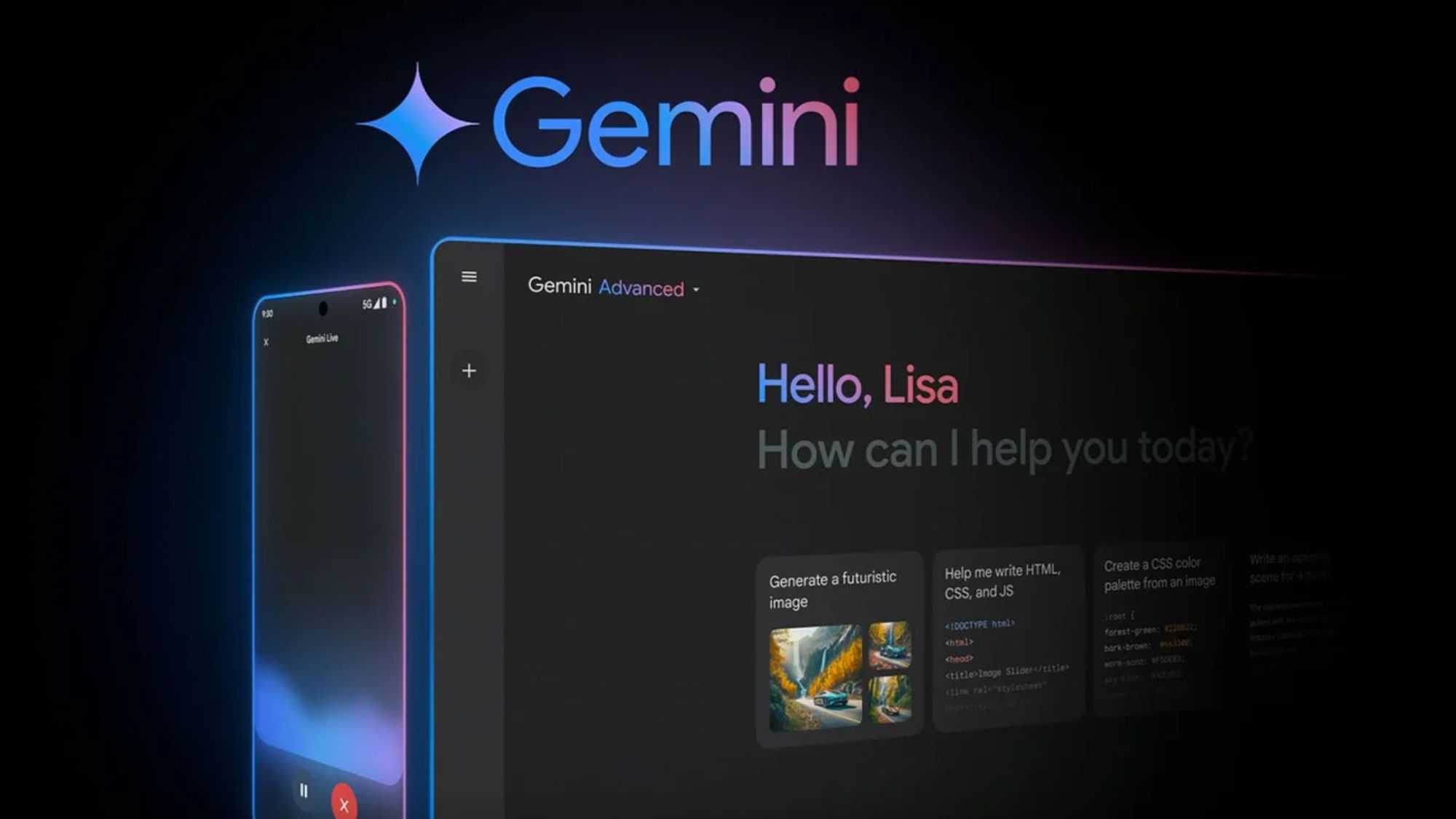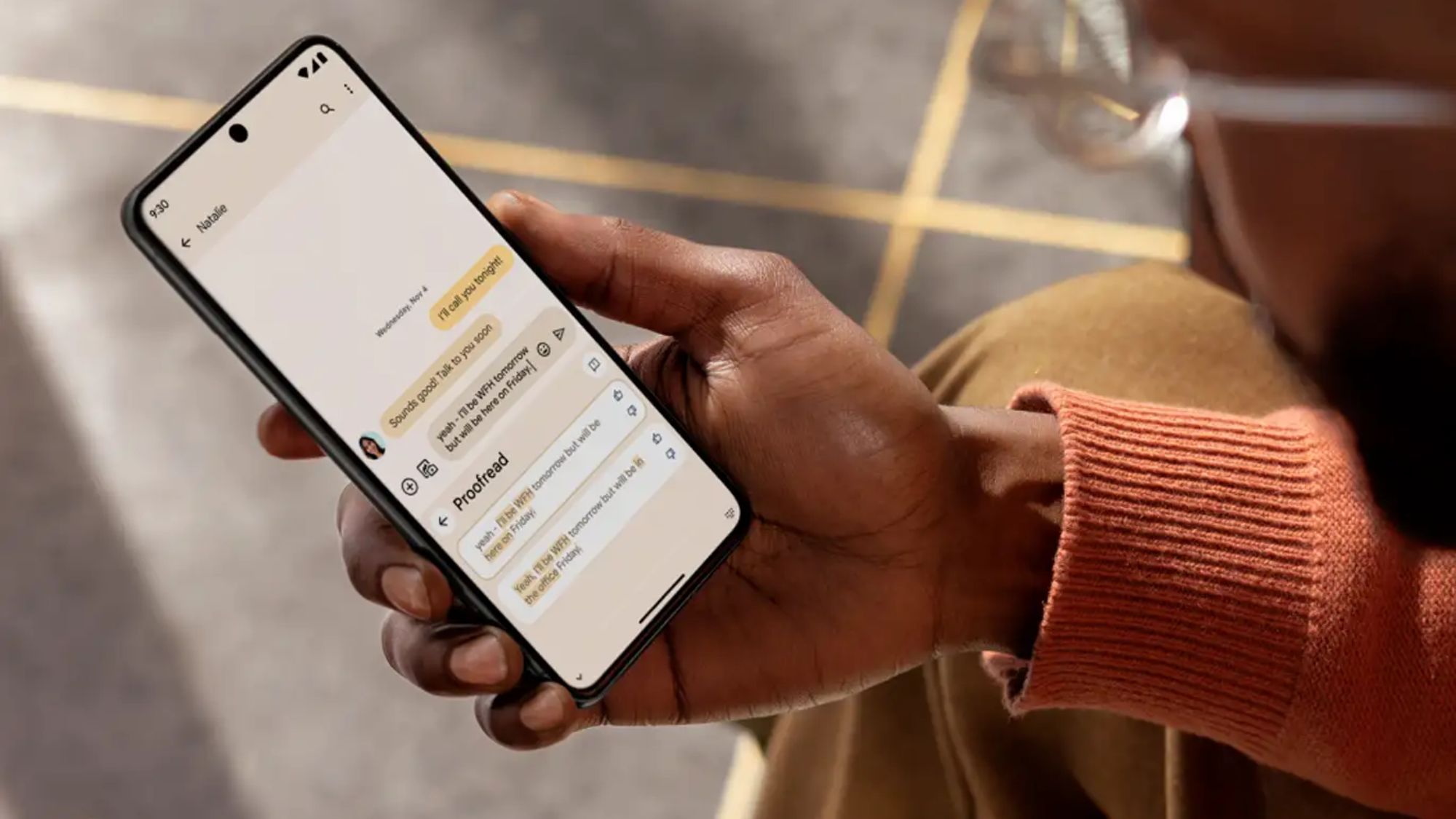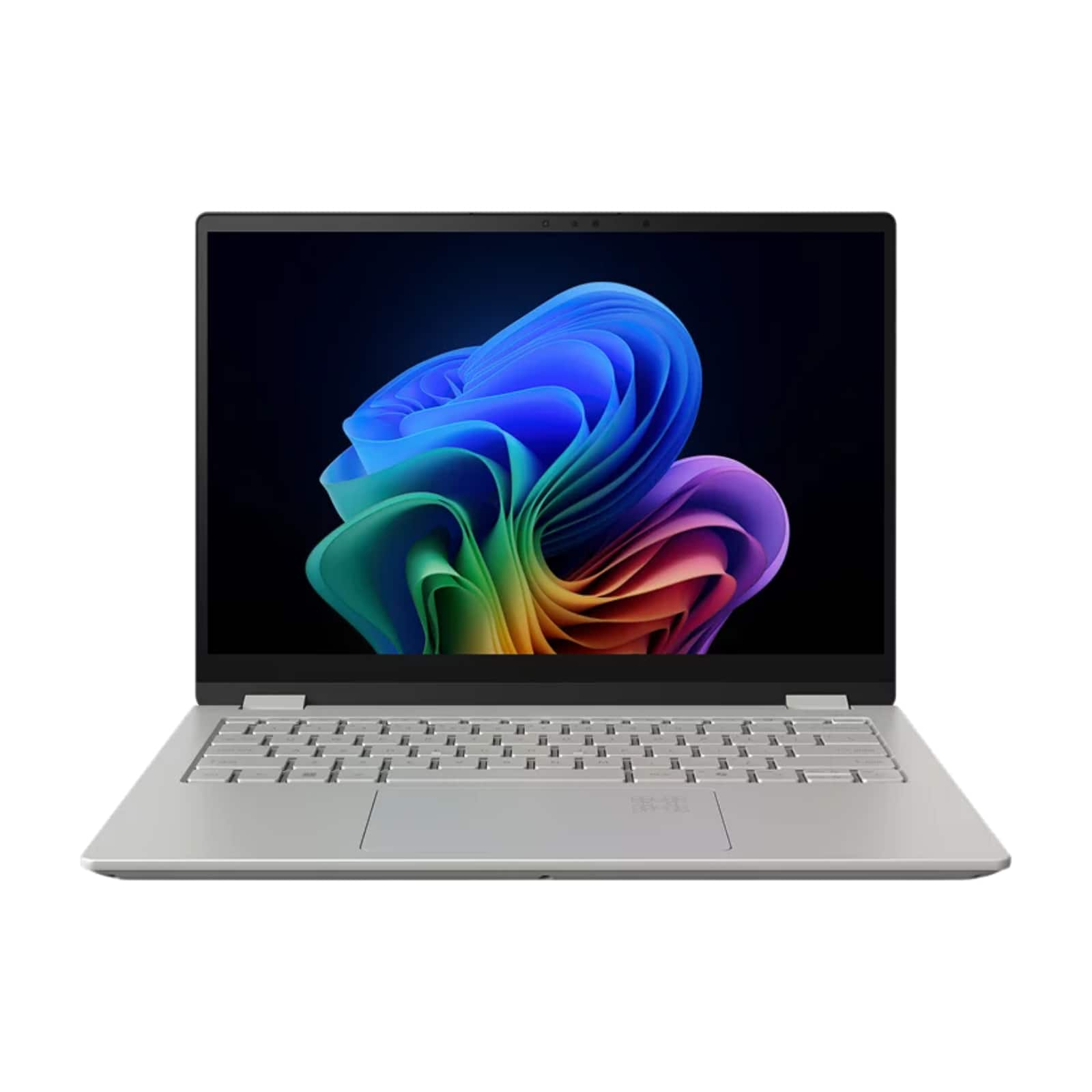As new Chromebooks debut, an eerie question for Google Gemini raises privacy questions
Two new Chromebooks debuted this week but

The PC — the personal computer — is, alongside the smartphone, one of the most private possessions a person owns. It's for our baby pictures, 21st birthday pictures, DMs, and late-night Reddit browsing.
At odds with this rightfully private behavior is the dawn of AI, which needs your data, no matter how private, to function. Many are willing to trade their privacy for the luxury, or promise, of AI.
But at their heart, personal computers are private computers.
That assumed privacy is why this Google Gemini disclaimer, in bold lettering on a Gemini Help page, is a little curious, no matter how familiar we've all become to the act of giving up our data:
"Please don’t enter confidential information in your conversations or any data you wouldn’t want a reviewer to see or Google to use to improve our products, services, and machine-learning technologies."
"Please don't enter confidential information" ... in your confidential computer. Got it.
Disclaimers like this also remind us that a Google employee could be reviewing our private data. The idea is a little eerie. It's been happening for more than five years, and leaks are met with official investigations from Google. But it remains unsettling. As a new AI PC era dawns at Computex in June, the same old questions are again front-and-center
AI is coming to more personal computers at a faster clip
Enter the arrival of two fantastic new laptops on Tuesday. To get the most from their marquee app suite — the apps of Google Gemini — you have to trade your private information, or at least not enter it, on your private computer.
Sign up to receive The Snapshot, a free special dispatch from Laptop Mag, in your inbox.
The two new Chromebook models from Acer — the Chromebook Plus Spin 714 and the Chromebook Plus 516 GE — both will feature Google's new and sometimes comically terrible Gemini 1.5 AI model.
These new Chromebook devices will utilize a combination of on-device processing and cloud-based processing for AI features, including a new "Help me write" feature that works across websites, documents, and apps, generative AI wallpapers, and video call backgrounds, Magic Editor in Google Photos, and of course, the Gemini chatbot.
According to Google, upgrading to Gemini Advanced gives you 2TB of extra storage in Google One, the ability to upload files to Gemini, and the ability to use Gemini in Docs, Sheets, Slides, Gmail, and more.
All of the AI possibilities on new Chromebooks are exciting, especially for specific industries and students, but it's important to also consider the privacy ripple effects of these innovative features.
See also: Google goes all-in on AI with the Acer Chromebook Spin 714 and more Chromebook Plus devices
What data do built-in Chromebook AI features collect?
In an update blog post released to address updates to Google's Gemini 1.5 Pro model and Gemini Advanced, Sissie Hsiao — VP and GM of Gemini experiences and Google Assistant — writes that "Gemini keeps your files private to you, and they're not used to train [Google's] models."
Sounds good, right?
Well, your files aren't used to train Google's models.
Still, per the company's Gemini Apps Privacy Notice:
"Google collects your Gemini Apps conversations, related product usage information, info about your location, and your feedback."
"Google collects your Gemini Apps conversations, related product usage information, info about your location, and your feedback."
In this privacy notice, Google defines "Gemini Apps" as its "conversational AI service for consumers in apps and services that reference this notice."
So, when you fire up a conversation with Gemini on the web or in a Chromebook app or use Gemini in your Gmail or Google Docs via Gemini Advanced, Google collects that conversation.
Although Google might not use your conversations, location, or other data about you to directly train the company's AI models, "Google uses [your] data, consistent with [its] Privacy Policy, to provide, improve, and develop Google products and services and machine learning technologies."
The company says that for users 18 or older (or under 18 with Gemini Apps Activity turned on), it will, by default, "[store] your Gemini Apps activity with your Google Account for up to 18 months, which you can change to 3 or 36 months" via settings.

As John Herrman puts it in a recent New York Magazine essay, "Soon, [Google will] be able to help with anything. All it needs from you in return is everything."
On-device generative AI has the potential to be incredibly helpful (although recent cringe-worthy Google AI answers via Tom's Hardware would beg to differ) but at the cost of more of our private user data.
On-device processing offers more privacy than cloud-based processing, but your AI queries will still send data back to Google. In a few short days, Apple, one of Google's biggest rivals, is expected to discuss further how it will incorporate AI for on-device usage at its annual Worldwide Developers Conference.
In an era where data is being scraped from just about everything that gets wifi, often to sell targeted ads — explore Roku's potential plans for its TVs to show ads for more — it may seem easy to give up.
The assumption is that we will give up, Herrman writes in the essay: "Whatever else it may be, the rush to roll out AI is also a bid for more access and more data, and it represents an assumption by the industry that users will give them up."
Let's be clear: Gemini AI features on Chromebooks are exciting (and Google's offering a free year of Gemini Advanced to new Chromebook users). But it's worth considering the data you'll give Google before using your device's new AI features.

Sarah Chaney is a freelance tech writer with five years of experience across multiple outlets, including Mashable, How-To Geek, MakeUseOf, Tom’s Guide, and of course, Laptop Mag. She loves reviewing the latest gadgets, from inventive robot vacuums to new laptops, wearables, and anything PC-related. When she's not writing, she's probably playing a video game, exploring the outdoors, or listening to her current favorite song or album on repeat.









